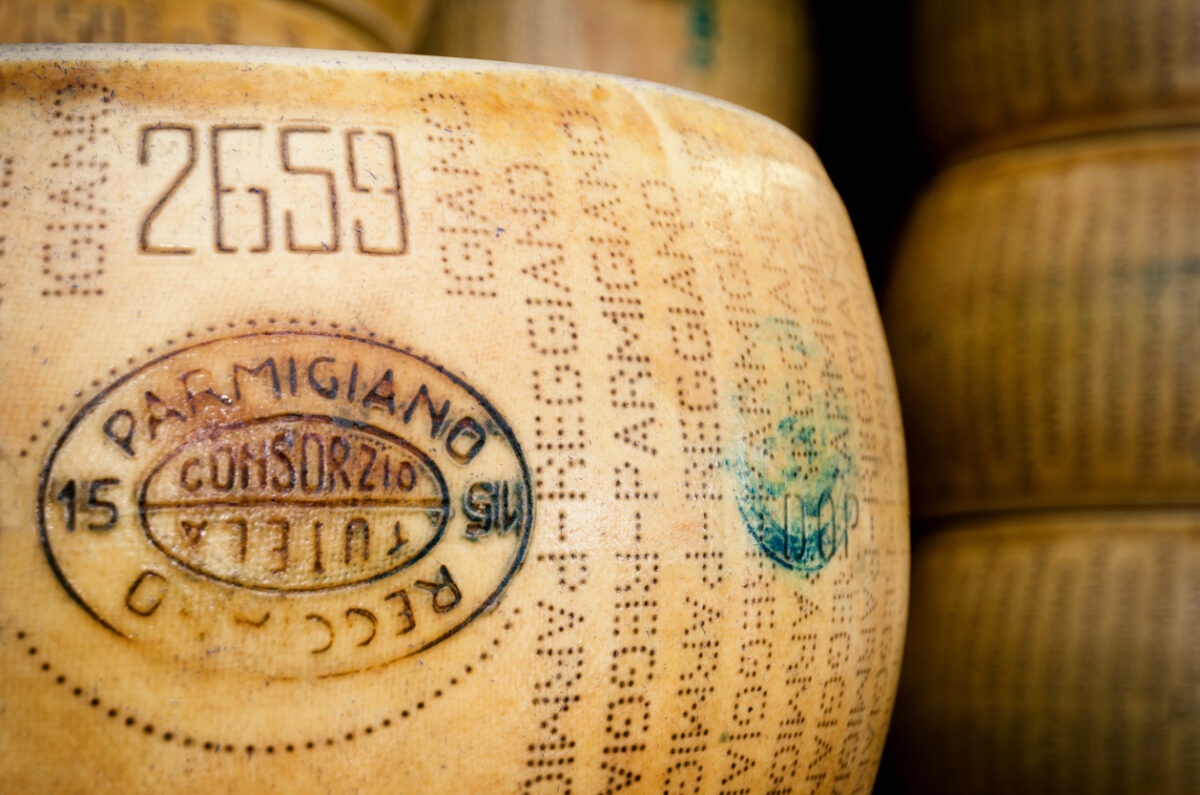Production of Salers cheese in France haulted due to droughts

A long summer of droughts has forced farmers to postpone making Salers cheese in the central French region of Auvergne.
The unpasteurised cow’s cheese is geographically protected and carries an appellation d’origine protégée (AOP) stamp of approval to prove its origins. To carry such a stamp however, regulations say that the cows must be fed on at least 75% grass from the surrounding pasture.
But a combination of heatwaves in Europe and long dry periods with no rain this summer has left cows with not enough grass to eat, and therefore unable to produce the milk which is used to make the product.
Salers cheese has been made in the central French region of Salers for more than 2,000 years, and this is the first time production has had to come to a complete standstill.
Most of the 76 AOP cheese producers in the region have said their cows have struggled to graze for months, due to grass having been burnt by the sun.
Laurent Roux, a farmer from the area told the local radio station France Bleu: “There’s nothing left to eat. The terrain is so dry that in places, it looks like ash. It’s dust.”
According to Roux, his cattle have not been able to graze since 25 June 2022.
Laurent Lours, Head of the Salers cheesemakers group, and also President of the AOP group told France Bleu: “Salers is a seasonal cheese, made with the seasoning of grass. It is one of the pillars of its identity.
“With more hay, the cheese would be whiter, we would have less aromas. Our product still has a certain reputation with consumers, we don’t want to break it.”
The authenticity of produce and traditional crafting methods are extremely important to many food producers across Europe. Earlier this month, Italy announced it was to pursue court action against Slovenia to stop its infringement on the authenticity of its balsamic vinegar.
Last month in the UK too, an All-Parlimentary Group dedicated to geographically protected foods announced a call to the government to improve the country’s Geographical Indication policy.
Lours said in total, he expected production of Salers cheese to decrease by 15% this year as a result of the droughts.
He said: “We currently value our milk at 900 euros per 1,000 litres during Salers production. As soon as we can no longer produce it, we lose 200 to 300 euros per 1,000 litres. It is very complicated given current inflation and rising costs.”
France isn’t the only country to see its food production hard hit by climate change this year. Northern Italy has also been hit by an extended dry period, which could result in the price of locally-grown staples such as olive oil, arborio rice, and passatta increasing by nearly 50%.








